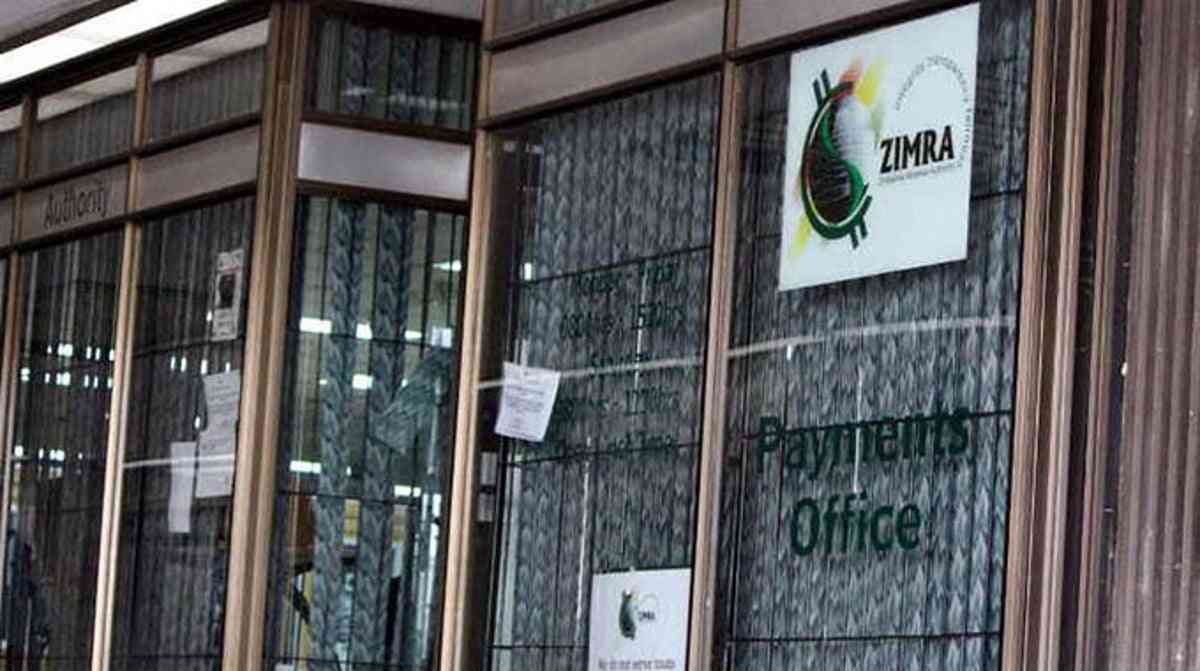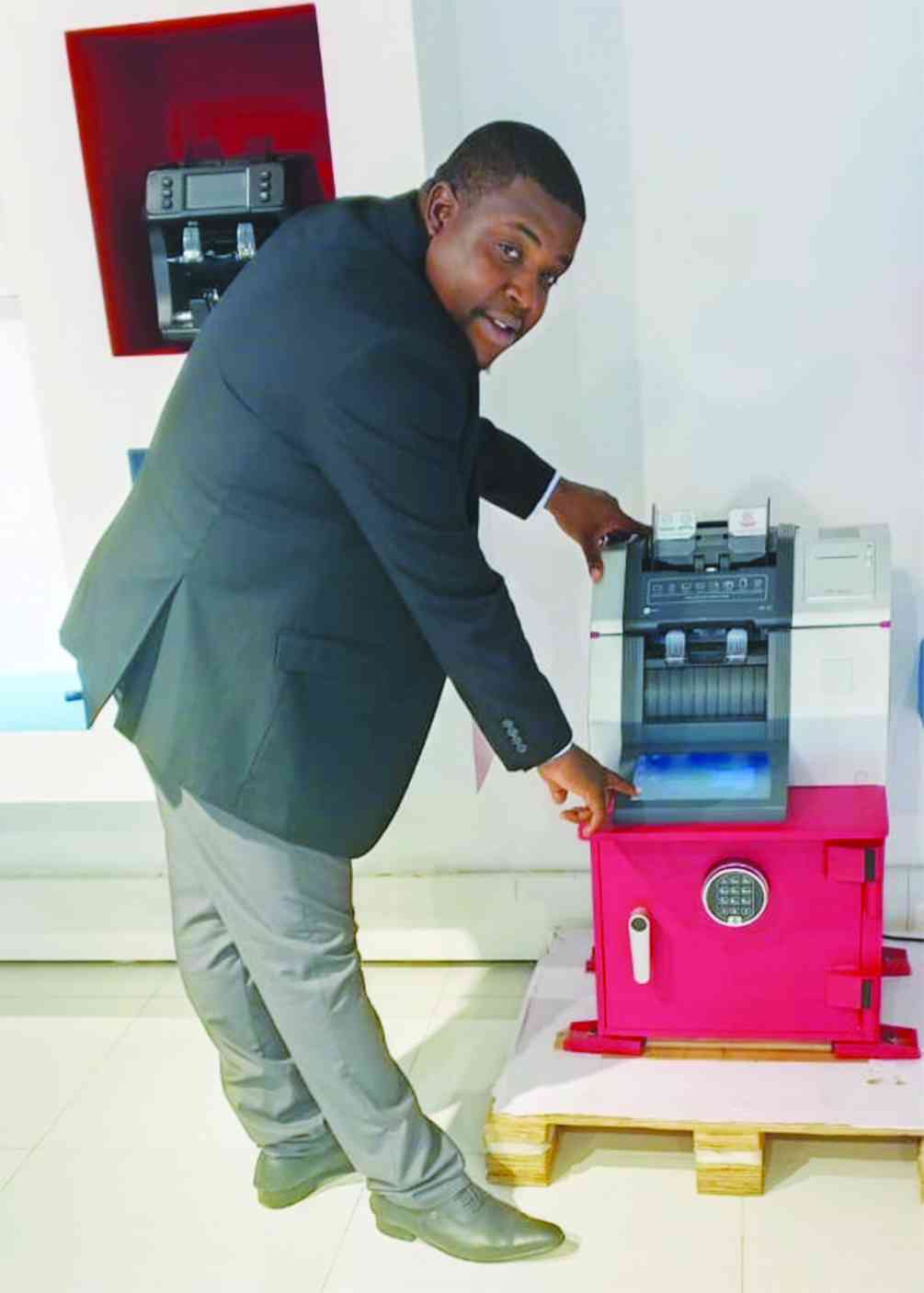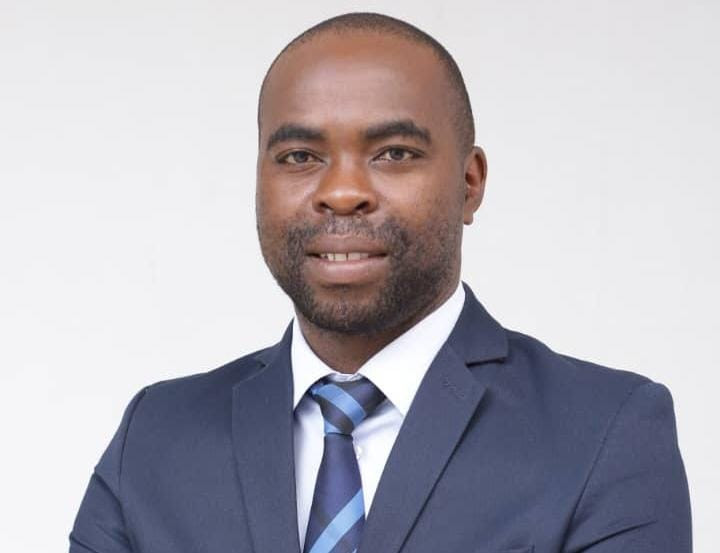
A LEADING taxpayers’ advocacy group has accused the government of developing a “growing and insatiable appetite” for taxes, warning that without transparency and accountability, increased revenue collections will not translate into meaningful national development.
The Zimbabwe Taxpayers Platform (Zitap) issued the criticism amid an aggressive push by the Zimbabwe Revenue Authority (Zimra) to collect more than US$7 billion in taxes, even as the formal sector, traditionally the main source of state revenue, has contracted to just 23,9% of the economy.
“Many nations, including Zimbabwe, struggle with the growing and insatiable appetite for more taxes and/or fees ostensibly to enable development,” Zitap said in its newly-released Zimbabwe Tax Perception Survey 2025.
“Taxation becomes a panacea for underdevelopment. And yet, without transparency and accountability, even more taxes do not result in development.”
The report highlights a deepening tension at the heart of fiscal policy.
“Politicians would naturally want more tax revenue to spend, way more than the taxpayers can afford,” the group noted, adding that its survey seeks to amplify taxpayers’ voices and ensure that taxation becomes a tool for prosperity, as envisioned in the Constitution.
The government’s intensified revenue drive has been strongly felt by major corporations. Zimra recently slapped Delta Corporation Limited with US$73 million in additional tax assessments.
Another major taxpayer, Innscor Africa Limited, was hit with a further US$187 000 for the year-ended June 30, pushing its total disputed tax bill to US$13,39 million.
- Innscor declares dividend after impressive growth
- Innscor declares dividend after impressive growth
- Innscor on growth trajectory
- Innscor revenue projected to increase by 23%
Keep Reading
Zitap argued that the real solution lies not in higher taxes, but in disciplined and efficient government spending
“The government should balance the need for revenue collection and the people’s welfare,” the group said.
“The bigger aspect to reduce the demand for more revenue is for the government to operate a lean and small administration to facilitate development.”
It urged authorities to take decisive action to curtail wasteful expenditure, including fully implementing the Auditor-General’s recommendations and adhering to public finance management principles outlined in Chapter 17 of the Constitution.
While acknowledging ongoing tax reforms, Zitap said government must go further by deliberately raising tax-free thresholds.
“That is what liberty and prosperity mean,” it added.
With the informal sector now estimated to generate more than US$14 billion annually, Zitap suggested that technology offers the most sustainable path to expanding the tax base.
“Digitalisation and the adoption of artificial intelligence make it more convenient for people to file and pay taxes, as well as eliminate all avenues for rent-seeking behaviours,” it concluded.











